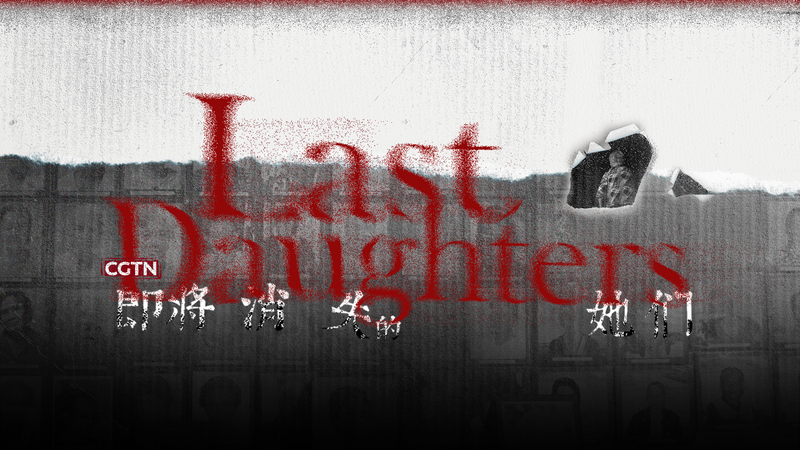Estelita Dy was part of the so-called “comfort women” – girls and women forced into sexual slavery by the Japanese military during World War II. She was just 14 when she was taken from her sugarcane farm and sent to military barracks, where she endured years of trauma. 🕯️
After decades of silence, Dy found her voice in the 1990s when she joined Lila Pilipina, inspired by Filipina activist Rosa Henson’s fearless work. This grassroots group fights for historical accountability and reparations for survivors. “She fought for justice until her deathbed,” says Sharon Cabusao-Silva, the director of Lila Pilipina.
Eyebrows raise when we think of someone in their 90s still leading rallies and speaking to lawmakers – but that’s just who Dy was: a firecracker with an unbreakable spirit. ✊💥
On November 24, 2024, Dy passed away at 94. At her graveside, her daughter Elizabeth made a promise: “We demand historical accountability and reparations. Though she’s gone, I’ll keep fighting, even if justice feels distant.”
Elizabeth’s pledge highlights a universal truth: the fight for justice often spans generations. Today’s young advocates in South and Southeast Asia can draw inspiration from stories like Dy’s – showing us that change is never too late and that every voice matters. 🌏✨
As we scroll through our feeds, let’s not just double-tap—let’s also remember the real lives behind those hashtags. Stories like Estelita’s remind us that activism isn’t just a trend; it’s a legacy. 🎗️
Reference(s):
Daughter to carry on fight after former Filipina sex slave dies
cgtn.com




